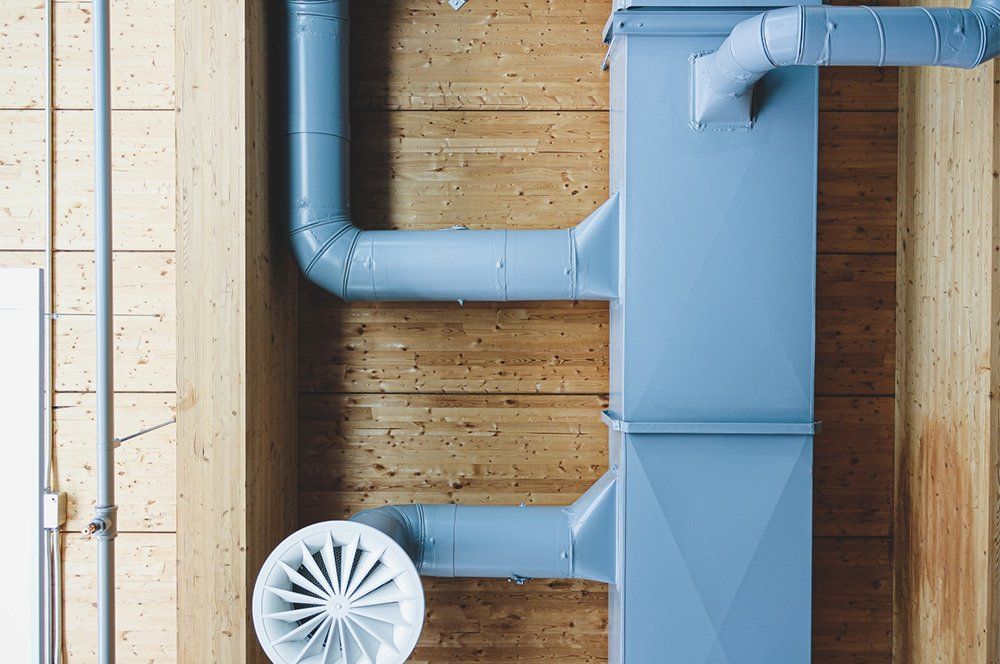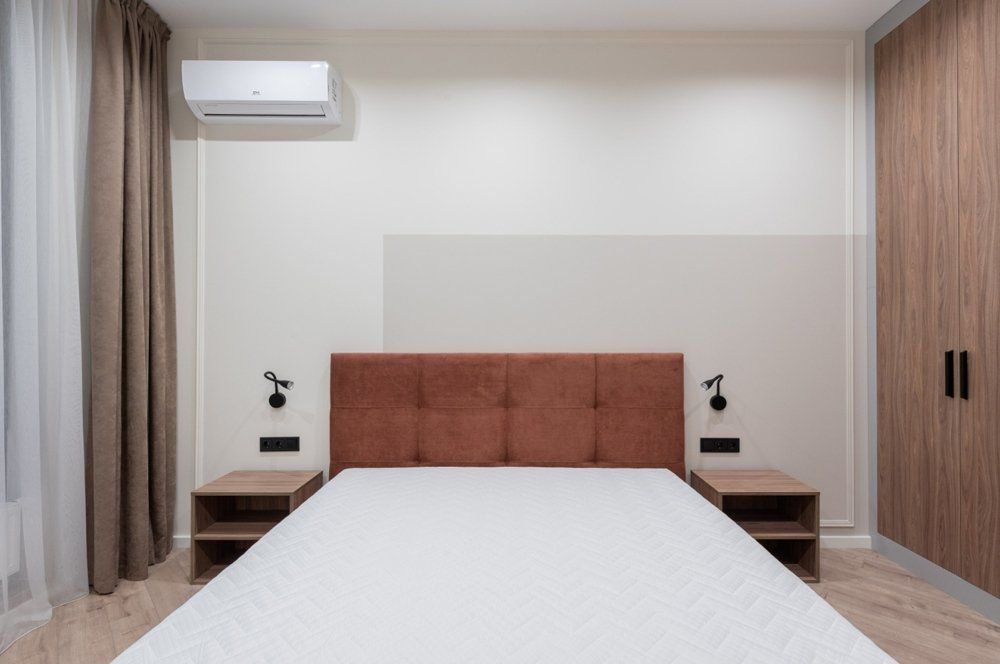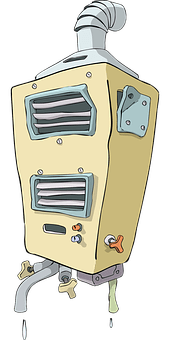Boiler Safety: 4 Tips to Avoid a Disaster in Your Home

Boilers are saviors for us during the winter season. Boilers ensure we’re warm and cozy. Unfortunately, as helpful as boilers are, they pose certain safety risks. When it comes to safety, it’s always better to take the right precautions to keep yourself and your family safe.
Here are four tips to ensure boiler safety and avoid any disasters at home.
1. Check Your Boiler for Water Leaks
Sometimes boilers can start leaking water due to certain reasons. As harmless as water leaks sound, it’s not.
These water leaks can eventually cause your boiler to corrode, which can lead to explosions. Corrosion isn’t all that you need to worry about; water leaks can seep into the boiler’s components as well.
A little water into a boiler’s electrical components can lead to a short circuit and spark a fire.
Such grave occurrences can be avoided if you’re always on the lookout. Keep an eye on any water leaks near your boilers. If you notice any water leaks, turn your boiler off immediately and call
HVAC services.
2. Check for Boiler Corrosion
Corrosion can cause machines and equipment to wear off with time. Boilers start corroding when their external components are exposed to frequent water leaks. These water leaks gather around the boiler and cause corrosion.
Corrosion doesn’t just harm the boiler’s appearance but can also deteriorate the boiler’s functioning; it weakens the pipes and equipment. Internal corrosion in the boiler can cause catastrophic disasters and explosions too.
Fortunately, these dangers can be avoided. External corrosion is easy to spot, but internal corrosion isn’t. A tip for spotting internal corrosion would be looking out for external corrosion. If there’s external corrosion on your boiler, it’s likely to be internally corroded as well.
3. Check Your Boiler for Gas Leaks
The boiler gives off carbon monoxide, one of the most dangerous and deadliest gases that cause
almost 200 to 700 deaths a daily in the US. Carbon monoxide can lead to hazardous explosions too. What makes carbon monoxide so dangerous is that it’s tough to detect since it’s odorless and colorless too.
This gas passes out through a duct. However, this gets hazardous when the duct is blocked. The gas is carried back into the house, making it tough to detect.
Therefore, ensure to check if the duct is stuffed or blocked to avoid such circumstances.
4. Keep Combustible Objects Away From the Boiler
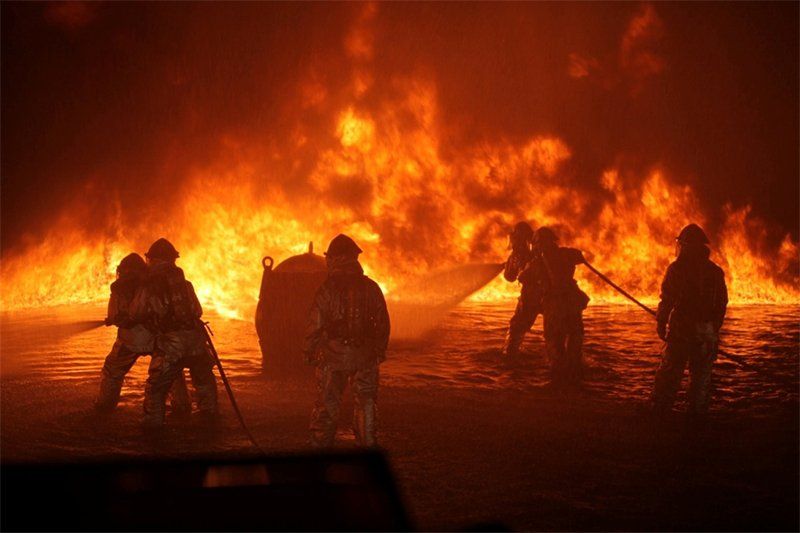
Boilers are at risk of explosions due to gas leaks and many other reasons too. In such cases, it’s safer to keep any flammable object far from the boiler.
Flammable objects near the boiler can lead to fatal incidents. Therefore, be sure to keep combustible objects away from heating equipment.
In case of any boiler emergency, reach out to expert
HVAC services.
AA Heating and Air conditioning offer
HVAC service,
boiler repairs, and other heating and cooling-related services.
Call our experts at
(301) 593-3600
and ensure your family is safe from boiler disasters.
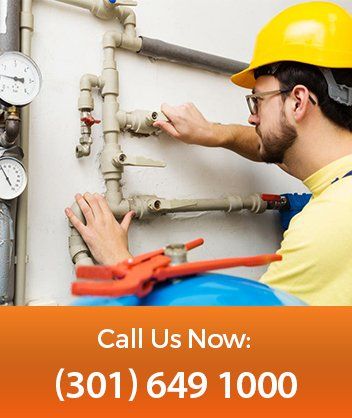
Call Now for Services!
10505 Georgia Ave
Silver Spring, MD 20902

